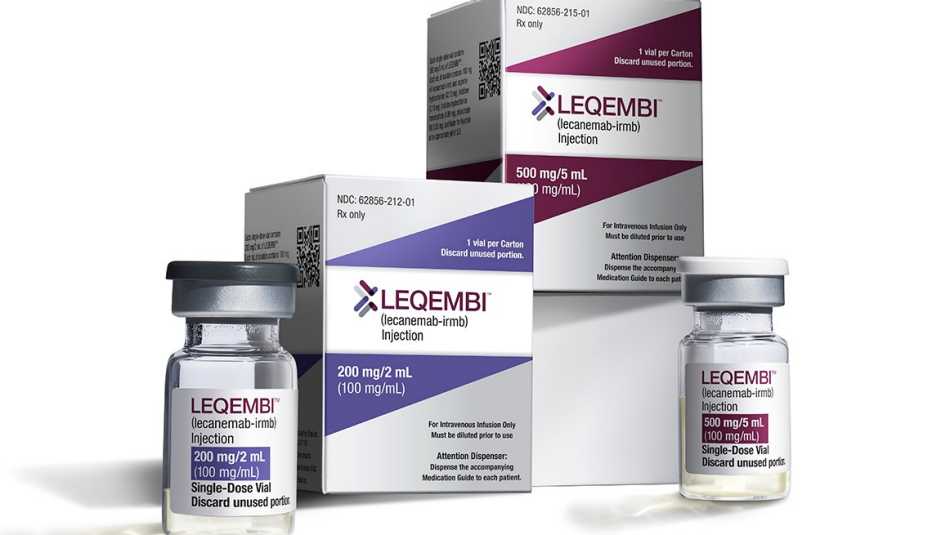Staying Fit
The Department of Veterans Affairs has agreed to cover the drug lecanemab (brand name Leqembi) for some veterans with early-stage Alzheimer’s disease, Eisai Co. and Biogen Inc., the companies behind the drug, announced Monday.


The VA will become the first major insurer to cover the treatment, which its makers say will cost $26,500 a year. It received accelerated approval from the U.S. Food and Drug Administration this year, becoming the second Alzheimer’s treatment to earn the status. Aduhelm, a similar drug, got accelerated approval in 2021.
According to an Eisai news release, “VHA (Veterans Health Administration) healthcare professionals meeting the criteria set forth by the VHA can prescribe Leqembi to veterans who fit the VHA’s criteria and the U.S. Food and Drug Administration’s current label.” The VA did not immediately respond to a request for comment.
Major insurers have not covered Leqembi or Aduhelm. In April 2022, the Centers for Medicare & Medicaid Services said it would restrict coverage of such monoclonal antibodies that had received accelerated FDA approval and targeted amyloid plaques for Alzheimer’s disease — a definition that covers the two drugs. Amyloid plaques are sticky clumps of protein that can disrupt brain cell function; researchers hypothesize that clearing them may slow the progression of Alzheimer’s. Medicare only covers these treatments for beneficiaries who are in approved clinical trials.
Eisai and Biogen say they continue to pursue FDA approval under the traditional drug approval pathway, a lengthier process that could open the door for wider acceptance from insurers and doctors. The Centers for Disease Control and Prevention estimates 14 million Americans will be affected by Alzheimer’s by 2060 if there is no successful intervention.

































































More From AARP
Health Benefits Navigator: Digital Edition
A tool to help veterans and their family members find and obtain service-related health benefits
FTC: Con Artists Stole More Than $400 Million from Military Community in 2022
Veterans likely among the most targeted group in the country
VA Launches New Life Insurance Plan for Veterans
Millions of veterans eligible for VALife